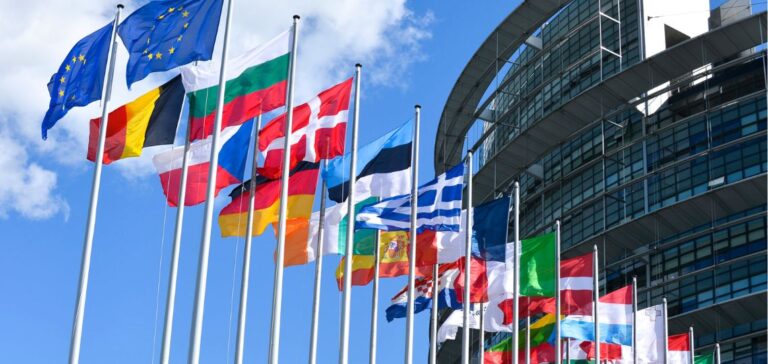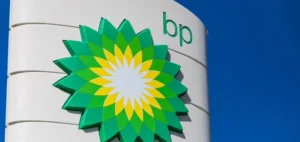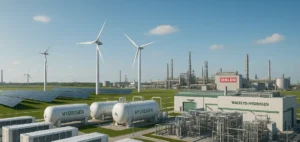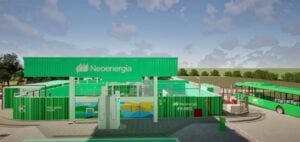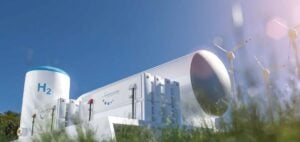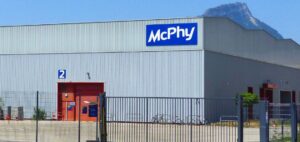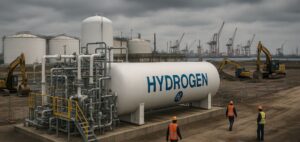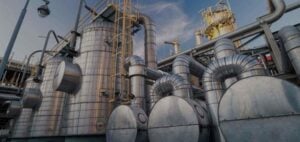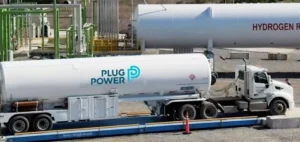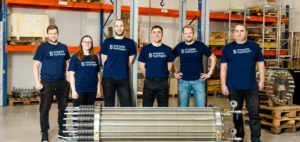The creation of the “European Hydrogen Bank” was announced this Thursday by the European Commission. This new structure is intended to support the development of green hydrogen. This public institution, which should be operational by the end of 2023, will launch the first auctions in the fall to finance production projects with EU funds.
3 billion euros in funding to support the energy transition
The creation of the “European Hydrogen Bank” had been promised last September by the president of the European executive Ursula von der Leyen to accompany the energy transition with some 3 billion euros of financing. The European Union’s goal is to produce 10 million tons of renewable hydrogen per year on its soil by 2030 and to import the same volume.
Is the creation of the “European Hydrogen Bank” a real solution to bridge the cost gap between green and fossil hydrogen?
The Hydrogen Bank will aim to close the current investment gap in renewable hydrogen development and ensure that the EU maintains its lead in this critical technology. Pilot auctions” will be launched in the fall of 2023, under the European Innovation Fund, with a dedicated budget of 800 million euros. The selected projects will receive a grant in the form of a fixed premium per kilogram of hydrogen produced, over a maximum period of ten years.
The Hydrogen Bank will also be able to propose joint financing combining European funds and resources from Member States. The Commission is also considering the possibility of subsidizing “green hydrogen” imports. The idea is to “close the cost gap” between hydrogen produced from green energies and that produced from fossil energies “and to increase the predictability of producers’ revenues”.
This is a way of guaranteeing the financial viability of projects to facilitate their access to other financing, particularly private financing, and ultimately reduce investment costs. The Hydrogen Bank should therefore be able to effectively support the European energy transition.
A necessary conciliation between the Member States is necessary for the creation of the “European Hydrogen Bank” effective
A text imposing minimum levels of renewable hydrogen in the EU is currently the subject of fierce negotiations between member states. France would like to include “low-carbon” hydrogen produced with nuclear electricity in these objectives, which Germany and Spain in particular fiercely refuse.
The “European Hydrogen Bank” will allow the European Union to support the development of green hydrogen, which is essential to achieve the objectives of carbon neutrality by 2050. This initiative aims to close the current investment gap in the development of this technology and to ensure that the EU maintains its lead in this field.

